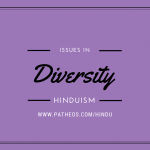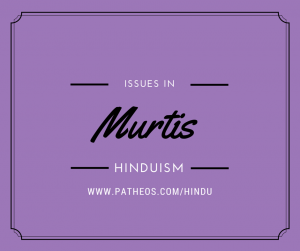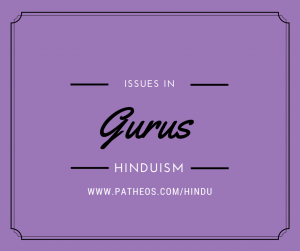
Fate. Destiny. Kismet.
Fate is something that is outside of our control. We might see it coming but we can’t divert it. Or maybe we didn’t see it coming at all but in hindsight it seems inevitable. Often called “the will of God” — in fact, the Fates were Greco-Roman deities who spin our destiny — one theme in the idea of fate is that it’s the opposite of “something we create.”
Fate is considered diametrically opposed to free will. Either we have free will, people reason, or we have fate. We can’t have both. Can we? I actually think we can. Or rather, that we do.
We have choices before us each day. The consequences of our choices are creating our lives. Life isn’t something that happens to you, living is something you do. Your choices create your life (though you aren’t the only player in the game — other people’s choices also affect your life). It has been important to me as a parent to make sure my children understand that their choices are vital to their lives and that they will become who they’re going to be through the choices that they make.
If we have free will, then doesn’t that mean that fate is untrue? I don’t think so. Here are a few reasons why:
- We can only make choices from the options available to us. If you are born tone-deaf, you might take singing lessons but you can’t just choose to be the greatest singer of your generation. Someone who was gifted with talent and who works hard will always go farther than someone who only works hard (both will go farther than someone talented who doesn’t work at all).
- Each of our choices means that other options are eliminated. When my parents chose to move to Ohio in 1983, that meant that my brother and I were not raised in the small town in which my ancestors lived for hundreds of years. I don’t have the same accent as my parents, and my own decision to move even further away from the Pennsylvania/West Virginia border into central Ohio means that my kids don’t have the same accent as me or my brother and his kids. You can’t choose one thing without closing the door on other things, and there is no way for me to visit the home of my ancestors without standing out as an outsider.
- There comes a point in our lives when the totality of our past choices backs us into a fate. This point doesn’t occur at the same time for each of us. Someone who does a criminal act traps themselves into fate sooner. No matter how flexible you’ve tried to be, or how open you’ve left your options, there will come a time when you have fewer choices left to make and the results you’re getting are residual from long-ago decisions. The decisions we make when we’re young adults — what to study, who to marry, where to live, whether to have kids — affect the trajectory of our lives in ways that decisions made in our final years cannot compare to. They’re like the opening moves in a chess game. There will come a point in the game in which some of the moves you would have liked to make are no longer open to you. It’s a shame that we’re born impulsive and develop wisdom so slowly.
Free will or fate? Both.
You have the free will to design (much of) your fate.














